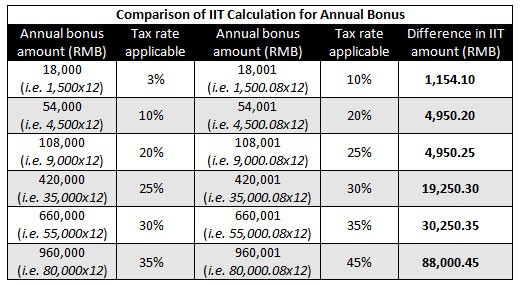Calculating a Foreign Investments Tax Payment
Post on: 16 Март, 2015 No Comment

Making Sense of Foreign Tax
You can opt-out at any time.
Please refer to our privacy policy for contact information.
Albert Einstein once said, The hardest thing to understand in the world is the income tax.
The rapid growth of the international marketplace has created many opportunities for investors in recent years. Unfortunately, it has also created a complicated and difficult to understand tax situation. In addition to paying U.S. tax on all income earned from foreign sources, international investors may also have to pay taxes to the foreign country in which their investment is located.
While this double-taxation can often be recouped via the Foreign Tax Credits. international investors should still familiarize themselves with foreign tax rules and regulations. These regulations differ from country to country, but we’ve provided some resources below to help make the process much easier!
Do You Have to Pay Foreign Taxes?
Investors looking for exposure to foreign markets have three basic options. Mutual Funds. Exchange-Traded Funds (ETFs) and Direct Investment. While U.S. mutual funds and ETFs may hold foreign stocks, they typically pay the foreign taxes on the investors’ behalf. However, these funds may allocate foreign taxes to shareholders, providing a tax benefit (see Foreign Tax Credit below).
Investors are encouraged to consult a professional investment or tax advisor to ensure they are properly reporting and paying taxes on their foreign holdings.
Are You Eligible for a Foreign Tax Credit?
The U.S. Internal Revenue Service offers a foreign tax credit or deduction to eligible investors who realize income from foreign sources. While all foreign investment income must be reported on Form 1040 in U.S. dollars, investors may file Form 1116 to receive the credit or deduction. Investors who paid less than $300 in creditable foreign taxes can usually deduct the taxes paid on Line 51 of Form 1040.
According to the IRS. the following basic criteria must be met in order to be eligible:
- The tax must be imposed on you.
- You must have paid or accrued the tax.
- The tax must be the legal and actual foreign tax liability.
- The tax must be an income tax (or a tax in lieu of it).
Additional criteria, including restrictions on resident and non-resident aliens, may also apply. For a complete listing on these criteria and instructions for completing the form, see IRS Publication 514 .
How do You Pay Foreign Taxes?
Investment income generated in foreign countries is taxed at various rates, depending on the laws and regulations in each country. Fortunately, many countries have treaties with the United States making it easier to avoid double-taxation. In the case of dividends. these taxes are often withheld automatically, but capital gains taxes may also apply.
Capital gains tax rates and rules vary significantly by country, so investors are advised to consult a professional investment or tax advisor.
Important Tips to Remember About Foreign Tax
- Mutual funds and ETFs may provide investors with a tax benefit. but they rarely require investors to directly pay any foreign taxes.
- ADRs and direct investments in foreign markets may be subject to both dividend withholdings and capital gains taxes, which vary country to country.
- Qualified U.S. citizens and aliens may be eligible for a foreign tax credit to avoid double taxation. while those reporting less than $300 in foreign taxes can usually automatically take a deduction.
- All investors are advised to consult a professional investment or tax advisor to ensure they are properly reporting and paying any foreign taxes.














